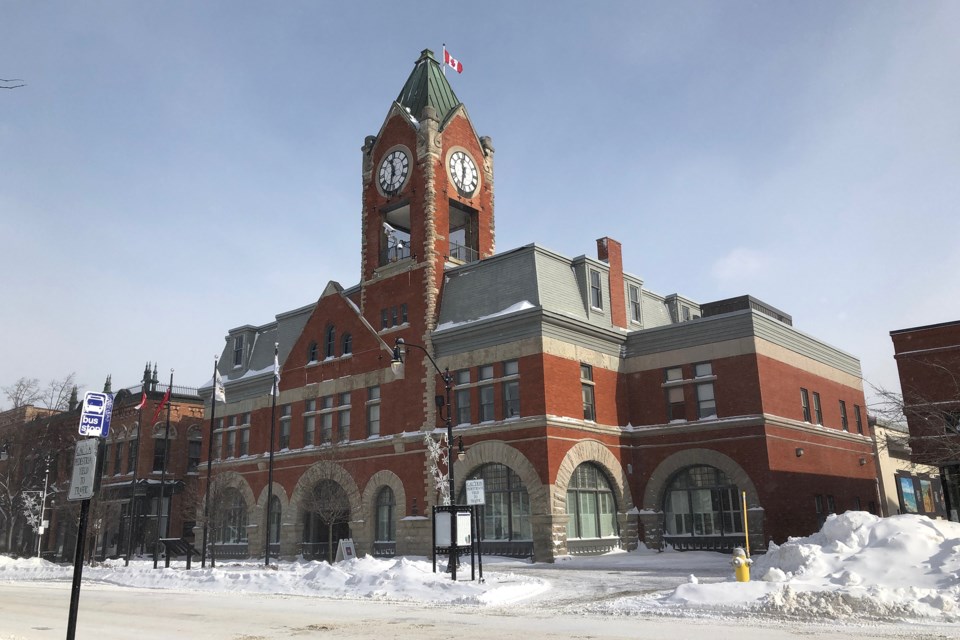The anticipated $4 million cost of the judicial inquiry will be funded through the town’s savings and possibly by running a deficit into next year.
Last night (June 10), council turned down a request by staff to access proceeds from the sale of the Collingwood Regional Airport and Collus to fund the escalating costs of the inquiry.
In April, the anticipated cost of the Collingwood Judicial Inquiry charged with looking into the sale of 50 per cent of Collus in 2012 and the subsequent spending of the proceeds was $1.6 million.
However, the hearings for phase one began April 25 and continue through the end of June. There are three phases in the inquiry.
Treasurer Marjory Leonard delivered a report to council stating the town has processed and paid a total of $2.3 million in bills related to the inquiry.
“Since the writing of this report there have been $102,000 in expenditures, and we haven’t looked at the May payables,” said Leonard.
Councillor Kathy Jeffery was the first to comment on the report.
“We’ve agreed to a public consultation, and I think we have to take that seriously,” said Jeffery.
The town is currently running a public consultation campaign seeking input on how to use the proceeds from the asset sales - a sum estimated around $18.6 million. There is an online survey live now and closing on June 20, and that will be followed by public meetings on the matter.
“I do not want to spend a dime of the asset sale proceeds on this,” said Councillor Mariane McLeod. “We have a once in a lifetime opportunity to do something extraordinary.”
Leonard said the town is required to plan a balanced budget, and has already set the 2019 budget.
Any deficit remaining at the end of the year is the first thing to come out of the 2020 budget, according to Leonard, possibly leading to a tax levy increase.
So far, the town has been funding the inquiry through the Working Capital Reserve, which is a fund typically used as contingency funding for urgent, unforeseen expenses, temporary cash shortfalls, unpredictable one-time expenditures and for business continuity in the event of a disaster.
The fund is kept at $2.5 million. This year, $1.5 million of that was directed to the 2019 judicial inquiry costs, which has been used up.
According to Leonard, any reserve funds set up by the town were established via a bylaw for a specific purpose. In order to use reserve funds to pay for the judicial inquiry, council would have to rescind the bylaw.
There are other reserves such as the capital contingency reserve, which is kept at $1.5 million and is used for things such as emergency equipment replacement (like the curling club condenser).
There is an operating reserve of $327,000 used to cover unforeseen overages in operating expenses such as overtime hours related to flooding.
A general reserve fund, kept at about $500,000 also exists and is used for repairs to the town hall and library.
This year the town hall is getting a new generator and brick work, which will use most of the reserve for the year.
Chief Administrative Officer Fareed Amin said staff would deliver another report to council at the end of the inquiry with an update on costs and funding.
“We will use whatever discretionary funds we have,” said Amin. “The money has to come from somewhere … but we can’t put the municipality at risk.”
Hearings for the judicial inquiry continue this week and through June 28. There will be no hearings during the summer, but judicial inquiry counsel will work through the summer to create an Inquiry Document for phase two, with hearings to begin again in September.
